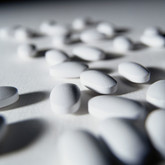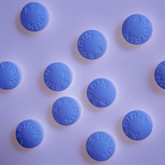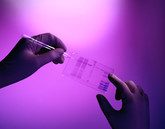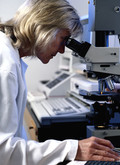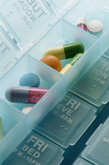Generics/Research
|
Posted 01/10/2010
Research and development of innovative medicines are becoming more challenging, with only 29 medicines with new chemical entities launched in 2006. The dwindling pipeline of new innovative medicines reduces the number of new chemical entities that can be developed when patents on innovative medicines expire in the future. Manufacturers of innovative medicines attempt to extend the period of patent protection by either launching a new dosage, a sustained-release version, a new indication, a single isomer version or a combination medicine. These strategies delay the market entry of generic medicines. As generic competition primarily takes place in the market for prescription medicines, some manufacturers of originator medicines have switched their medicines from prescription to over-the-counter status, e.g. simvastatin 10 mg in UK.








